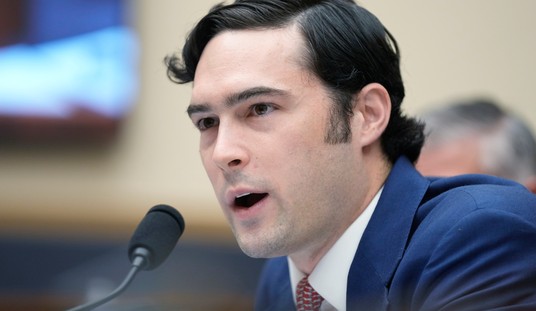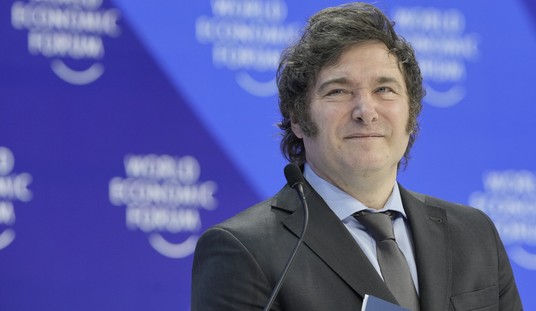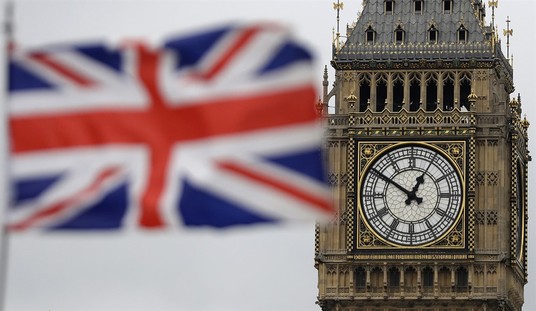
Clerk of the House Cheryl Johnson, left, and House Sergeant at Arms Paul Irving pass through Statuary Hall at the Capitol to deliver the articles of impeachment against President Donald Trump to the Senate, on Capitol Hill in Washington, Wednesday, Jan. 15, 2020. Following are impeachment managers, House Intelligence Committee Chairman Adam Schiff, D-Calif., left, and House Judiciary Committee Chairman Jerrold Nadler, D-N.Y., and other managers Rep. Hakeem Jeffries, D-N.Y., Rep. Sylvia Garcia, D-Texas, Rep. Val Demings, D-Fla., Rep. Zoe Lofgren, D-Calif., and Rep. Jason Crow, D-Colo. (AP Photo/J. Scott Applewhite)
Somewhere, deep in the bowels of the Internet, you may find the remains of a once-great civilization. It was an online community centered around geopolitical simulation and was filled with governments run by all sorts of Internet trolls, degenerates, and self-important “Well, actually” types. In short, politics there was total chaos, and I enjoyed it way more than perhaps I should have.
This online community – CyberNations – still exists, though a much smaller player base still inhabits it, I believe. It survived multiple global wars and a lot of drama that you’d expect from the type of people who lurk on the Internet and seem to exist solely to troll others. The insult-flinging and the unnecessary macho attempts at intimidation all did nothing but point out how really insecure people on the Internet can be when they have positions of (frankly) imaginary power.
I now believe that the good Lord put that game out there to prepare us for what politics in America would be like from 2016 to the present because, my God, are we led by people exactly like the literal children who ran online governments back in the day.
The types of behavior you see online, from Facebook to Twitter to that damn game, are always the same. That self-righteousness, the belief that they are better and smarter and righter than the rest of the populace… it’s all reflected in what our leaders think of us today.
Adam Schiff truly believes that his own self-righteousness makes up for the total lack of evidence he and his party delivered in their impeachment of Donald Trump. Trump, meanwhile, continues to hold grudges, troll his opponents on social media, and rose to political power on the weakness of his opponents and his own cult of personality (he has since shown himself to be capable of leading an administration that has accomplished much but is often publicly overshadowed by his own “bad” behavior).
Republicans and Democrats alike know they are right and that they should be making the decisions for everyone else, and they take it as a personal insult when you call them out for being wrong. Even at the local level, politicians want to say things like “I have to do what’s best for my district” rather than “I have to do what my district wants me to do” as though telling them what’s best for them somehow makes violating the trust they put into their politicians okay.
The nature of our political culture, with its vile dialogue and its obnoxious self-righteousness, is exactly the type of thing you’d see in almost any type of online game built around forming a community. The politics of the Internet has become the politics of… well, politics.













Join the conversation as a VIP Member